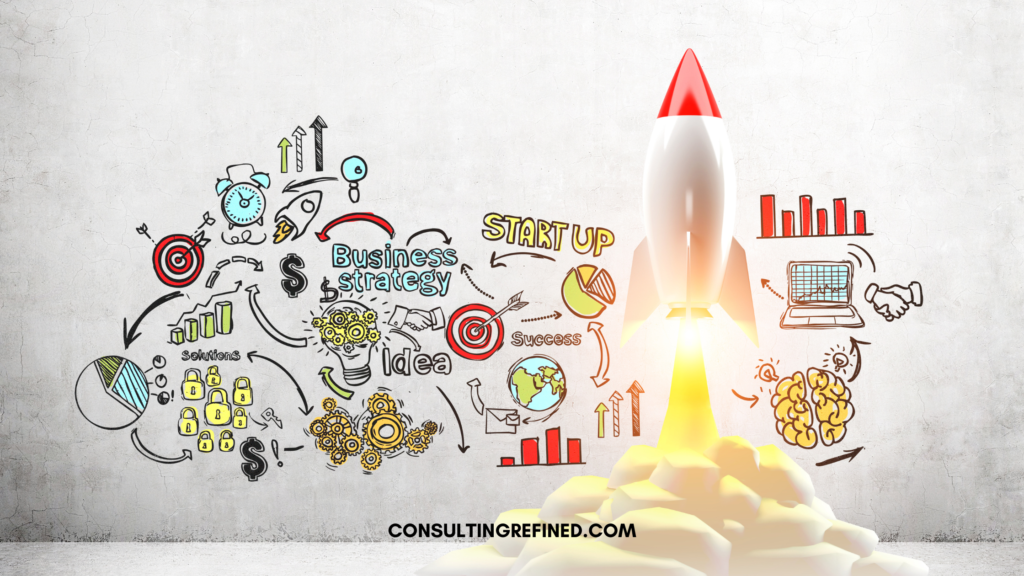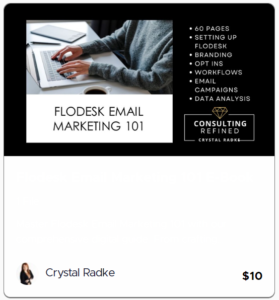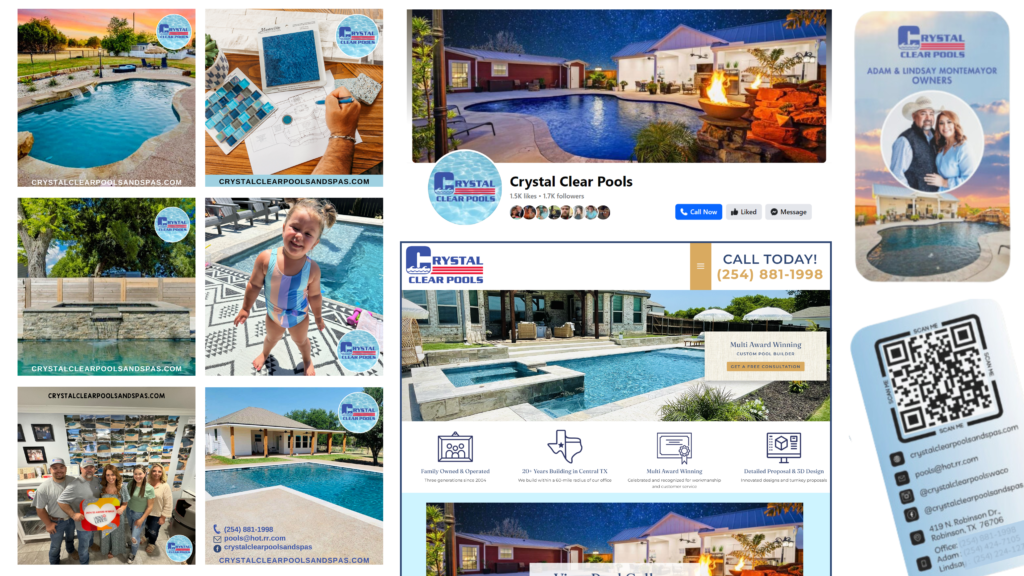
Starting a business is an exhilarating journey filled with learning experiences. Looking back, there are many lessons I wish I had known from the outset. Here are the top ten things I wish I knew when I started a business:
1. The Importance of a Solid Business Plan
A well-thought-out business plan is crucial. It serves as a roadmap, outlining your business goals, strategies for achieving them, market research, and financial projections. A clear plan helps in securing funding and provides direction as your business grows. According to the Small Business Administration (SBA), businesses with a solid plan are more likely to succeed.
2. Cash Flow is King
Understanding cash flow management is essential for the survival of any business. Many businesses fail not because they are unprofitable, but because they run out of cash. Ensure you have a good grasp of your cash flow, keep track of your expenses, and maintain a buffer for unexpected costs.
3. Know Your Market
Thorough market research is indispensable. Knowing your target market, understanding their needs, and identifying your competitors allows you to position your business effectively. Use tools like surveys, focus groups, and market analysis to gather valuable insights.
4. Build a Strong Network
Networking is a powerful tool. Building relationships with other entrepreneurs, mentors, industry experts, and potential clients can open doors to opportunities, provide support, and offer valuable advice. Attend industry events, join business groups, and leverage social media to connect with others.
5. Embrace Technology
Technology can streamline operations, improve efficiency, and enhance customer experience. Invest in the right tools and software for accounting, customer relationship management (CRM), marketing, and project management. Staying updated with technological trends can give your business a competitive edge.
6. Marketing is More Than Just Advertising
Effective marketing involves understanding your customers, creating valuable content, building a brand, and engaging with your audience across multiple channels. Utilize digital marketing strategies like social media, email marketing, and SEO to reach a broader audience.
7. Hire the Right People
Your team is your greatest asset. Hiring people who share your vision, possess the necessary skills, and bring diverse perspectives can drive your business forward. Invest time in the hiring process and prioritize cultural fit and attitude.
8. Expect the Unexpected
Flexibility and adaptability are vital. Business environments are dynamic, and unforeseen challenges will arise. Being prepared to pivot and adjust your strategies in response to market changes or unexpected events can help you navigate through tough times.
9. Prioritize Customer Satisfaction
Happy customers are the backbone of a successful business. Focus on providing excellent customer service, soliciting feedback, and continually improving your offerings based on customer needs. Loyal customers can become your best marketers through word-of-mouth referrals.
10. Work-Life Balance is Crucial
Starting a business can be all-consuming, but maintaining a healthy work-life balance is essential for long-term success and well-being. Set boundaries, delegate tasks, and take time for self-care and family. Burnout can severely impact your productivity and health.
Starting a business is a challenging yet rewarding endeavor. By understanding these key insights early on, you can avoid common pitfalls and set a strong foundation for your business. Remember, continuous learning and adaptation are part of the entrepreneurial journey. Embrace each experience, and let it guide you toward success. These are the top ten things I wish I knew when I started a business, and they can help you navigate your own entrepreneurial path.





